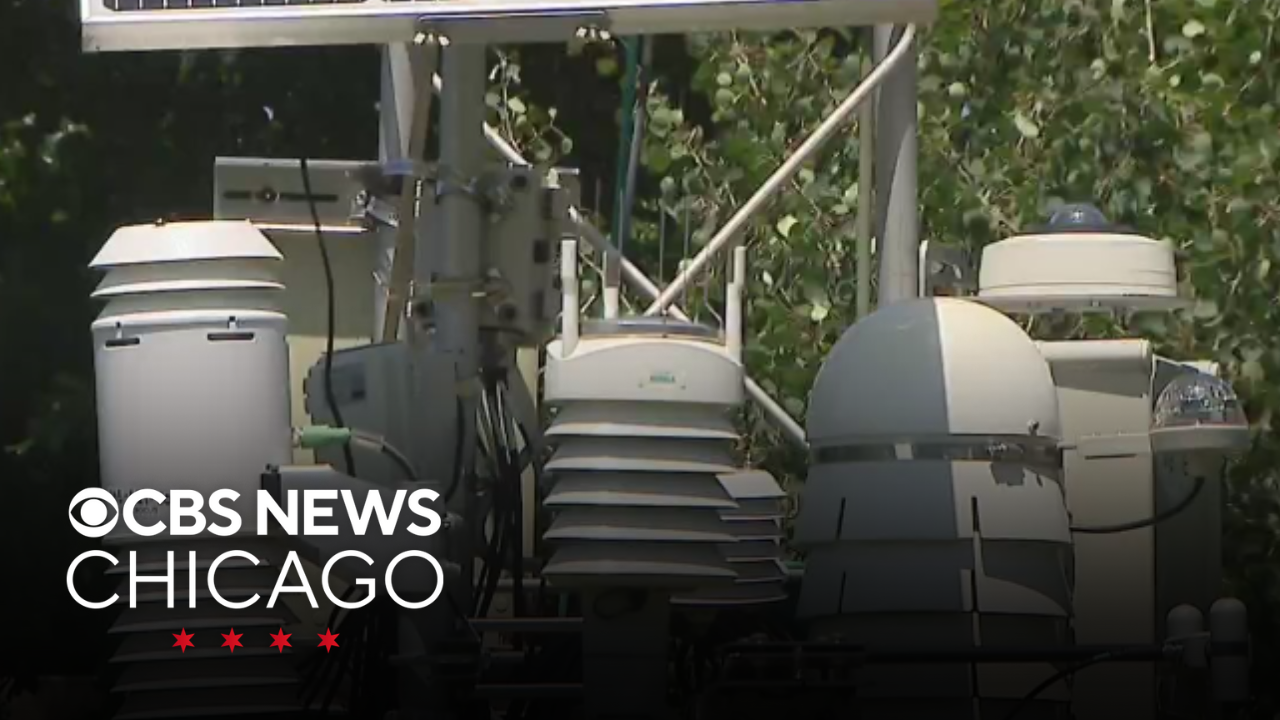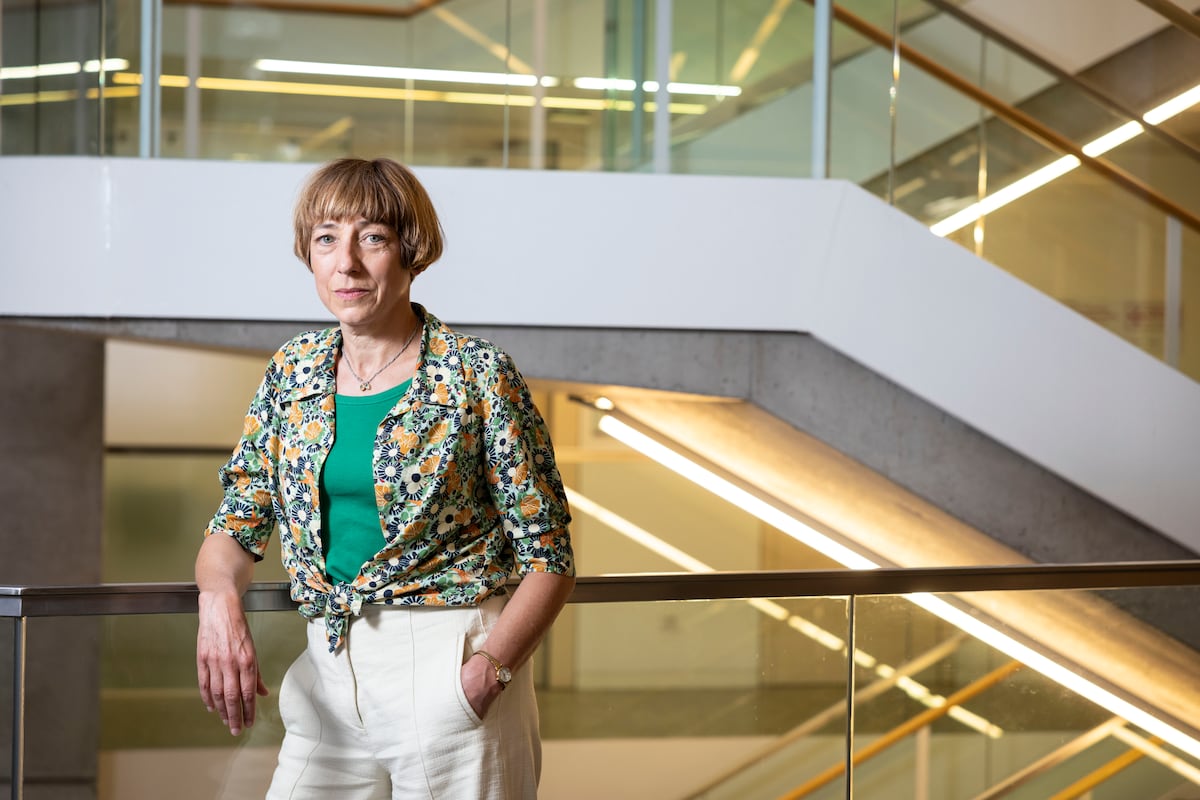Team of scientists tracks impact of extreme heat in Chicago

A heat wave was settling across the country Monday as Chicago saw another day of record temperatures for the date.
The city remains engulfed in a heat dome — and scientists and researchers in Chicago who pay close attention to heat have warned that more extreme weather like this is expected going forward.
At the campus of the University of Illinois Chicago on the Near West Side, researchers can track the heat with thermal imaging cameras that show the impact of the temperatures.
"We are also getting more humid, so the heat index is much higher," said Miquel Gonzalez-Meler, deputy director of the Center for Climate and Health Equity at UIC and a professor of biological sciences. "We are at 2.9 right now — hotter than in the last century — so we are on track, and maybe over track. We may hit by 2030 that 3.5 maximum estimate."
A 3.5-degree increase in global temperatures would have serious consequences.
Gonzalez-Meler and his team were selected by a National Institutes of Health Climate Change and Health Initiative for this work monitoring how rising temperatures are impacting our health.
"And then think about solutions, from energy to plants, to mitigate the problems climate change is bringing to the city," Gonzalez-Meler said.
Some of the team's work involves placing heat monitors specifically on hundreds of trees across the city.
"We see how plants behave in days like this," Gonzalez-Meler said. "We are looking at how much water is moving through the trunk. That's how much water will evaporate by the leaves."
The team then measures how that evaporation cools the area — demonstrating how plants and trees can help cool down cities like Chicago, where a changing climate means more extreme weather and more hot days.
"Using the power of nature to counteract the climate effects nature is bringing us," said Gonzalez-Meier.
With more extreme weather expected with our changing climate, Gonzalez-Meler believes work such as heat monitoring can and will make a difference.
The data the Center for Climate and Health Equity is collecting, and work they're doing, ultimately leading to best practices for dealing with heat across Chicago.
"Now we need to think about what we're going to do with these scenarios, right?" said Gonzalez-Meler. "They are real — they are longer scenarios. That's the reality we live in."
Gonzalez-Meler provided a data portal for information gathered by UIC's Community Research on Climate and Urban Science heat sensors, as well as another portal that can break down data from various sensors.
The Center for Climate and Health Equity is in the third year of its five-year federally funded program.
Tara Molina is a general assignment reporter for CBS2 Chicago.









 English (US) ·
English (US) ·